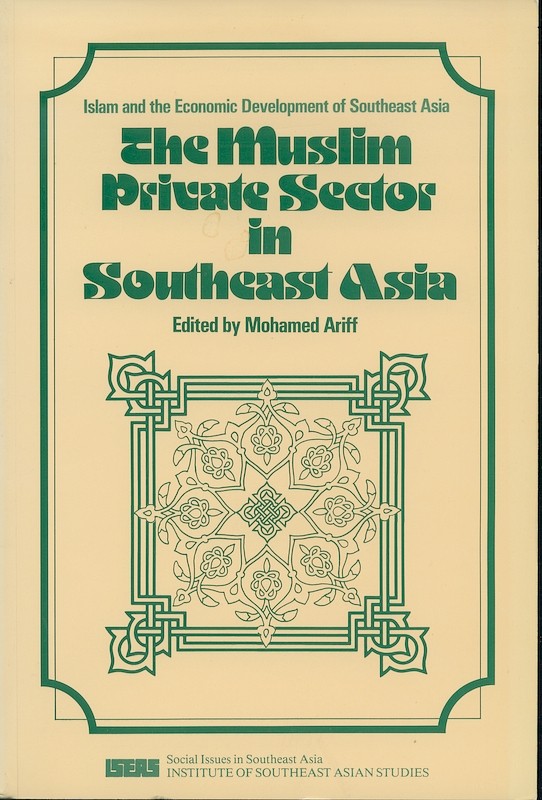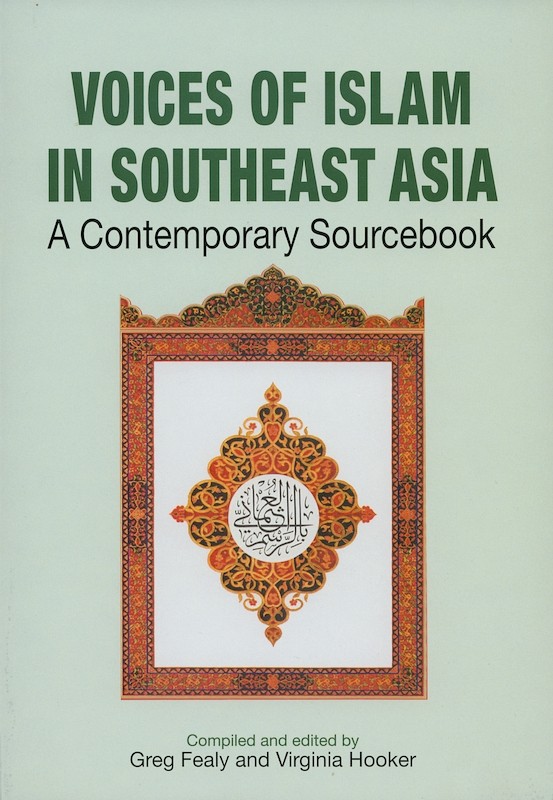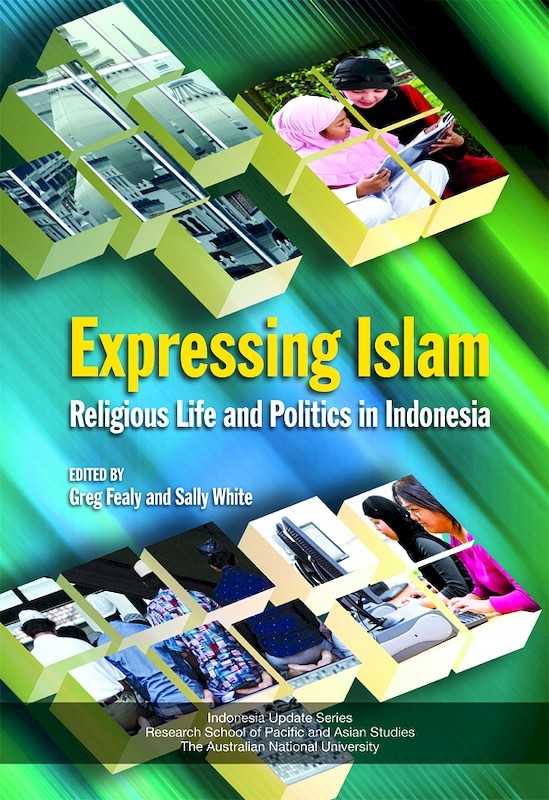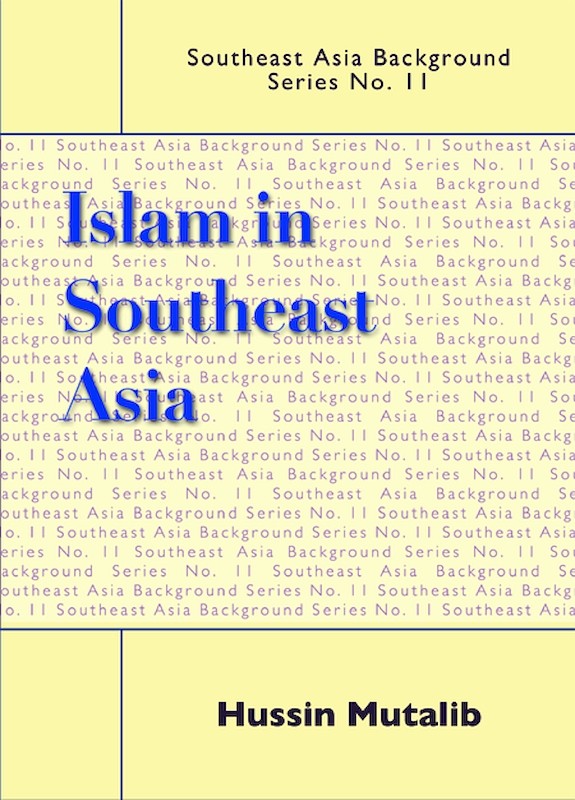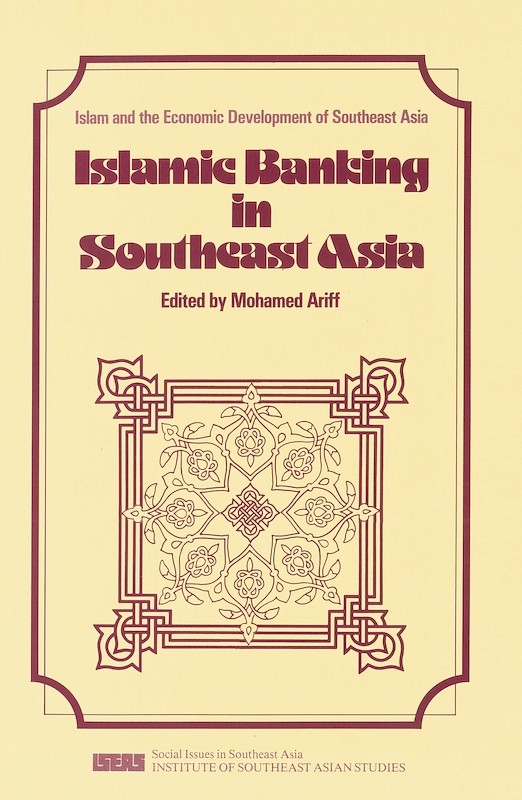Islamic Perspectives on the New Millennium

Reviews
"Virginia Hooker, one of the editors and a well-known Malaysia scholar in her own right, has provided excellent introductory and concluding essays to the volume. She has summed up the powerful supposition that knits the various essays together: 'change is rooted in cultural transformation'" (JMBRAS).
"A superb article by Ahmad Shboul, discusses Arab Muslim debates over globalisation (chatper 4). The quality of the essays is overall good, and several chapters rise to a standard of excellence. M.B. Hooker has written longer works on Indonesia's shari'a debates, but his essay here provides what is arguably the best historical summary currently available. Madjid, one of Indonesia's most celebrated modernist thinkers, makes the case for a pluralistic and contextual interpretation of the Qur'an. Not many of Madjid's works have been published in English, and this chapter is as succesful as any at illustrating the humanist decency of this great man. Islamic Perspectives addresses some issues in the contemporary Muslim world more effectively than others. This fine book deserves to be read by all students of Islam in Southeast Asia, as well as by readers interested in key debates in contemporary Muslim affairs" (Bulletin of Indonesian Economic Studies).
"Generally speaking the book does address a very wide range of views held by Muslims and provides readers with a sense of the main debates taking place within the Islamic world. The volume serves as a useful counterbalance to the media coverage of the more violent expressions of Islamic issues that often overshadow intellectual discourse among Muslims. It also draws attention to the undoubted importance and potential centrality of Indonesia as a force for change in the Muslim world, which is partly due to the fact that there are more Muslims there than in the Middle East" (Aseasuk News).
About the publication
This book aims to bring to the attention of non-Muslims, in particular, the range of views which Muslims in the Middle East and in South and Southeast Asia hold on six topics of importance to life in the twenty-first century. The topics have been addressed from the internal Muslim point of view to provide readers with a sense of the main debates within Islam on each of the issues. The topics addressed are: the new world order; globalization and modernity; banking and finance; the nation-state; the position of women; and law and knowledge.
The chapters have been written by Muslims and non-Muslims, each of whom is an expert on the area about which they write. The chapters are presented in pairs which offer Middle Eastern (and in one case South Asian) points of view which are matched by Southeast Asian perspectives on each of the six topics. While the media is quick to report on the more violent expressions of Islam, including terrorism, the vigorous debates, which now characterize the intellectual discourse in Muslim communities, are rarely if ever reported. This book not only describes and analyses those debates but also reflects the views of many Muslims across the world, emphasizing the connections and contrasts between the Middle East and Southeast Asia.
Contents
-
Islamic Perspectives on the New Millennium
[Whole Publication, ISBN: 9789812305367] -
Preliminary pages
-
1. Islamic Perspectives on the New Millennium, by Virginia Hooker, author
- THE NEW WORLD ORDER
-
2. Islam and the West: Challenges and Opportunities, by Amin Saikal, author
-
3. Indonesian Responses, by Samsu Rizal Panggabean, author
- THE NEW AGE
-
4. Islam and Globalization: Arab World Perspectives, by Ahmad Shboul, author
-
5. Indonesian Muslims Enter a New Age, by Nurcholish Madjid, author
- THE ECONOMY
-
6. Financial Activism among Indonesian Muslims, by Nur Ahmad Fadhil Lubis, author
-
7. Islamic Banking and Finance: In Search of a Pragmatic Model, by Abdullah Saeed, author
- THE NATION-STATE
-
8. Political Islam in Post-Soeharto Indonesia, by Azyumardi Azra, author
-
9. The Experience of the Islamic Republic of Iran, by Gholamali Khosroo, author
- MUSLIM WOMEN
-
10. Muslim Women and Human Rights in the Middle East and South Asia: Occupying Different Spaces, by Samina Yasmeen, author
-
11. Islam, Gender, and Politics in Indonesia, by Kathryn Robinson, author
- LAW AND KNOWLEDGE
-
12. Perspectives on the Shari'a and the State: The Indonesian Debates, by M Barry Hooker, author
-
13. The Role of Muslims in the New Millennium, by Mohamed Aris Othman, author
- CONCLUSION
-
14. Developing Islamic Arguments for Change through Liberal Islam, by Virginia Hooker, author
-
Glossary
-
Index of Names; Index of Subjects

